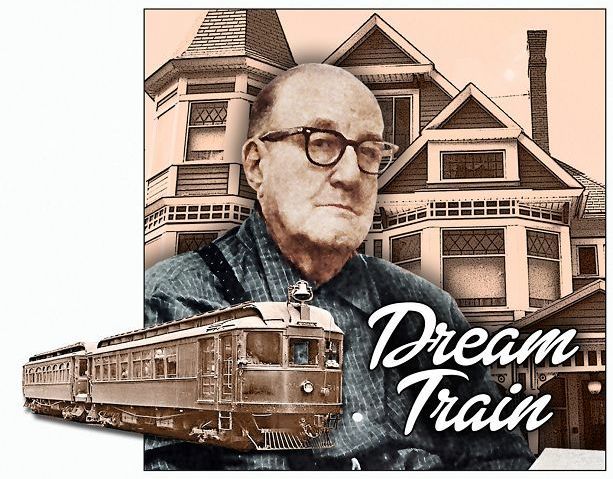Electric railroad would have connected Millersburg to New Philadelphia
Have you ever heard of the Dover, Millersburg & Western Railroad? Not many people have, but it was proposed as a means of transportation between Millersburg and New Philadelphia.
The proposal was for an electric interurban streetcar line that would have started near the depot in Millersburg, followed Port Washington Road to Saltillo, crossed Doughty Creek at Troyer’s Hollow, continued through Charm and into Sugarcreek, along the road to Farmerstown, to the summit of the ridge between Walnut Creek and Troyer Valley, east to the Shanesville-Carlisle Road to Shanesville, on to Sugarcreek, along the valley to Blicktown, across the Tuscarawas River to New Philadelphia at West High Street, then to the square in New Philadelphia, for a distance of nearly 27 miles. The line would have connected with already existing lines to Uhrichsville and Dennison on the south and Canal Dover, Strasburg and Beach City on the north.
First mentioned in the Holmes County Farmer issue of July 1896, it was still a viable proposal in August 1900 when a more in-depth article appeared. The plans for the line were declared “feasible” and “comparatively easy and inexpensive to build,” according to the newspaper. Several special features were noted that would have been of “great value,” including the natural beauty of the areas where the streetcar would travel. As part of this proposal, Doughty Glen (Troyer’s Hollow), with its ledges, waterfalls, caves, and sulphur springs, would have become a “natural pleasure and health resort... that hundreds of people would go to each year for a day of pleasure... and would be patronized by the people of the towns and cities of Eastern Ohio.”
Although the train never passed the “dream stage,” a lot of money and time was expended to try to make the railroad a reality.
All of this information was obtained through the efforts of E.W. “Pop” Farver, a local historian who spent many hours researching the stories that abound about Holmes County and the village of Millersburg. A prolific writer, Farver died in the 1960s, but before his death compiled 90 booklets of information, primarily focusing on the southern and eastern areas of the county.
“He would get information from local papers and local people,” said Candi Barnhart, curator for the Victorian House and the Holmes County Historical Society. “Somebody gave all 90 of them to us several years ago and we had them scanned. Now we have them on disc and I can go in and look up different things that he wrote about. He’s probably our main historian when we want to know something.
“This is the only place I have found any information about this railroad,” said Barnhart, although another bit of information has been part of the museum for many years.
The theme for the 2013 Christmas season at the Victorian House is trains, which figure prominently in the decorations throughout the house. According to Barnhart, she has passed a map on the wall in the upstairs of the house many times, noticing that there were railroad tracks on the map, but never stopping to take a close look.
“It’s a 60-foot map on the wall, a framed scroll map. It is hand-drawn and shows where the proposed railroad might go,” said Barnhart. “The 1915 survey books are here, too, for the Dover, Millersburg, & Western Railroad.”
She added that anyone can do research on the information they have, but an appointment is necessary. A two-disc set of the historical manuscripts compiled by Farver are for sale through the historical society at a cost of $10. The discs are indexed, said Barnhart, and include information on local families, churches, Mechanic Township and much more.
To see the Victorian House dressed in its Christmas splendor and to see the trains and the map of the proposed “dream train” line, the mansion is open seven days a week through the end of the year (Dec. 31), except Christmas Day. Hours are Monday through Thursday from 1-4 p.m., with evening hours Friday through Sunday from 1-8 p.m. Admission fee is charged.
For more information, call 330-674-0022, email info@holmeshistory.org or visit the website at www.victorianhouse.org.

